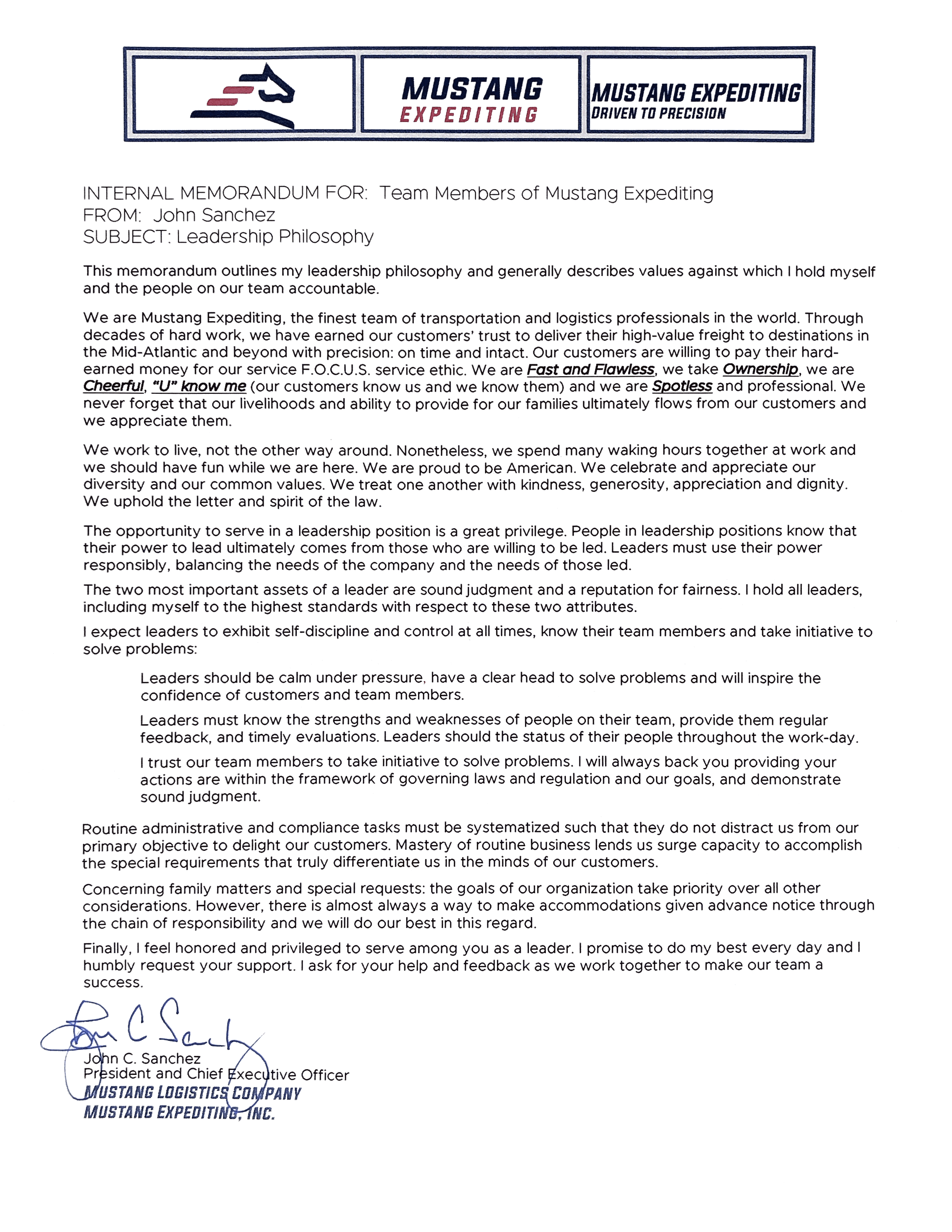Dignified, eminent and scholarly, Colonel Paul Miles was a formidable presence in the lecture halls at West Point where he taught advanced classes in Diplomatic and Strategic History for more than a decade. Those of us who were fortunate enough to call him our teacher were super-fans. He did not walk so much as glide. He did not speak so much as elocute. His classes were always exciting and we hung on every word. On that particular day in the spring of 1987, something was different. He approached the lectern in a deliberate manner, raised his reading glasses, and cleared his throat, to signal that we should pay special attention to what would follow. Instead of discussing the decisions and historical events that shaped the 20th Century, he would speak to us about our future. There was a dramatic pause and then he began. Here is how I remember it:
“Gentlemen, in only a few short weeks, you will graduate and begin your careers. You have demonstrated your intelligence, hard work and critical thinking. Those things are not enough to carry the day and certainly will not lead you to the flourishing life. To that end, I wish to offer you three very important pieces of practical advice, and I hope they serve you as well as they have served me.”
“First – always carry a supply 3×5 index cards in your breast pocket so that you may quickly jot down pithy notes – today your young minds are sharp and relatively uncluttered. It is unlikely that this will always be the case. If fact, there will come a time, likely sooner than you think, when those pithy notes will help you beyond their obvious use, in ways you never would have imagined.”
“Second – always take a position. The world is full of people of dubious character in want of a backbone. Distinguish yourself from the rank and file by doing the work so that you may take and defend an informed position. Remember, you may reconsider your position.”
“Third – develop a social sport that you may participate in through your lifetime.” Colonel Miles shared that he played tennis and he mentioned that that others golf or even play bridge. “Isolation and inactivity are the main paths to decline. Your regular participation in a social sport will keep your body strong and mind sharp, keeping your golden years golden.”
My classmates and I dutifully took notes, and later I transferred my notes over to a 3×5 card, per Colonel Miles’ advice. A few weeks later, we graduated and went our separate ways. Just as he promised, his advice was practical in ways I never anticipated. For years the card was pinned on a wall in by my desk until I lost it in a move. With or without the card, I have made the most of those three pieces of advice.
The best technology of today is only marginally better than 3×5’s when it comes to systems for memorializing, organizing and prioritizing – especially in rugged environments. Until recently, I relied exclusively on index cards to record important tasks and ideas. At the end of each day, I sorted cards into prioritized stacks of “open” tasks and “complete.” Each morning, I flipped through the day’s index cards and clipped them together, along a bunch of blank cards. (I now use any number of digital systems to the same ends, but my process and thinking remain the same.)
This practice of daily reflection and planning has helped me anticipate, prepare and strategize throughout my adult life. As a result, I have never hesitated to take informed positions. The ability to be decisive by taking informed positions contributed to my personal effectiveness and the effectiveness of my teams.
My social sport is surfcasting – a type of fishing that happens in the transition zone where storm-driven waves crash violently on boulder strewn shores. While not the “calm,” “quiet” or “innocent” piscatorial art form Izaak Walton described in his famous allegory Compleat Angler (The Contemplative Man’s Recreation), I realize most of the same benefits: outdoor activity, rest to the mind, and cheering spirits. I’m an active member of a local fishing club that keeps me in regular contact with a diverse community connected by our passion for sport and conservation.
In a few weeks, members of my graduating class will return to West Point for a reunion. In the thirty years since our graduation, the world has changed dramatically and, so have we. There will be no shortage of things to discuss. We’ll reconnect, reminisce and reflect on our lives. When we are retelling the stories, I’m pretty sure that I will not be the only one who’s forgotten the name of the general who spoke at our graduation, his advice or quite a few other things. Most ideas have their moment, then fade over time. In contrast, the advice I received from Colonel Miles has never let me down. In this context, I think the wisdom from Colonel Miles is especially noteworthy as much for its persistence as for its virtue.
My position is that I owe Colonel Miles a debt of gratitude. I’d love to catch-up with him to express my appreciation; maybe I could take him fishing? I‘d better take a note.
Paul Miles graduated from the US Military Academy at West Point in 1960. He studied at Oxford University as a Rhodes Scholar where he earned a Masters in Modern History. He earned a Doctorate in History from Princeton. Miles retired from the United States Army in 1990 with the rank of Colonel with 30 years of distinguished service, including 11 years leading the International and Strategic History program at West Point. Later, he was a lecturer in history at Princeton where he earned numerous teaching awards.


